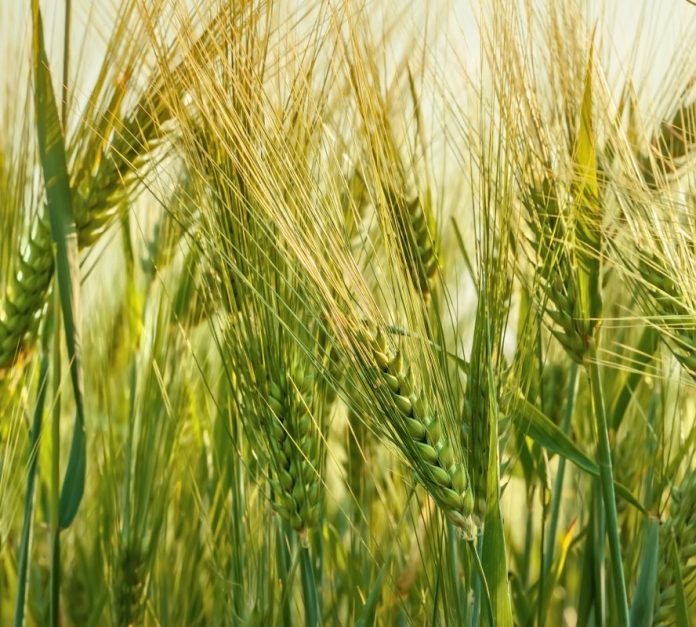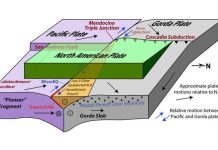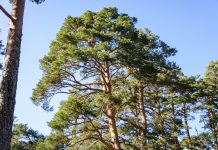Patrick Wrixon, President of the European Initiative for Sustainable Development in Agriculture (EISA) gives thought to integrated farming and its positive impact on the environment
With global population growth, increased focus on addressing food security and concerns about environmental impact and biodiversity loss, it is essential that farming systems are sustainable. Sustainable farming delivers sites specific farming system supporting the integration of the environment, society and farm economic viability over the long term (LEAF, 2012).
Integrated farming is a whole farm business approach that delivers sustainable farming. It uses the best of modern technology and traditional methods to deliver prosperous farming that enriches the environment and engages local communities. A farm business managed to IFM principles will demonstrate site-specific and continuous improvement across the whole farm.
The European Initiative for Sustainable Development in Agriculture (EISA) was formed in May 2001 with the aim of promoting sustainable farming systems, through integrated farming (IF), which are an essential element of sustainable development. EISA is an alliance of National Organisations of 7 European countries (Austria, France, Germany, Luxembourg, the Netherlands, Sweden and the UK) as well as Associate Members from across the industry (including ECPA, FEFAC, ELO, Fertilisers Europe, GOSZ, IFAH-Europe and SAI Platform).
Across the National Members, there is a network of Demonstration Farms which show integrated farming in practice. Alongside other management tools, this offers the opportunity: to share IF with other farmers; to support knowledge exchange between researchers and farmers and to discuss the system with stakeholders and policy-makers.
Integrated farming promotes the efficient use of natural resources and the provision of positive environmental impacts whilst also meeting the needs of a growing population. Due to the great diversity of individual farming businesses across each country, Europe and the world, sustainable farming relies on the ability for individuals to understand the range of techniques available to them alongside the knowledge which will allow them to choose the most appropriate combination for their site-specific situation.
Businesses farming to integrated farming principles use the above framework as a means to make the right decision for productive farming while reducing the impact to the environment. Some growers use interactive management tools such as the LEAF Sustainable Farming Review. Good soil and water management are critical and within the decision making process and framework of IF specific practices are increasingly adopted in the pursuit of more sustainable farming, driving attention to detail in a site-specific manner. Such practices include: precision farming; reduced and zero tillage; good scouting of insects and taking action based on threshold levels; the development of field margins, in-field habitat banks and conservation areas; new skills and a hunger for knowledge; protection and enhancement of valuable habitats and key resources, including biodiversity, soil and water. Increasingly our farmers also manage conservation like a crop, meeting the requirements and needs of wildlife, namely the big 3: a safe nesting habitat; summer food; and winter food.
It is imperative that we improve the working relationship between scientific research and farmers such that the knowledge exchange facilitates a better understanding of the issues for which practical solutions are needed as well as the knowledge required for optimal implementation of such practical solutions.
As part of the development of IF in the UK, LEAF (Linking Environment and Farming) has felt it important to understand the drivers for change in encouraging more sustainable farming practices and one critical aspect has been the market place. The LEAF Marque is an assurance system, recognising sustainably farmed products and is based on the principles of IF (of Integrated Farm Management, IFM, as it is known in the UK). Good food produced with care and to high environmental standards is identified in-store by the LEAF Marque logo. 22% of UK fruit and vegetables are now LEAF Marque certified and LEAF is now working in some 33 countries across the globe including 10 countries in the EU.
Sustainable farming is a global issue, one where we share the problem, as well as solutions. What is critical is engagement among farmers, environmentalists, educationalists, industry, government and society when addressing agricultural and conservation issues.
Sustainable farming is forward-looking, planned, practical and productive. Policies and practices need to integrate environment, food, education and health more succinctly with clear engagement and communication among farmers and consumers. Integrated farming is one such model.
Patrick Wrixon
President
European Initiative for Sustainable Development in Agriculture (EISA)
Patrick@wrixon.co.uk











